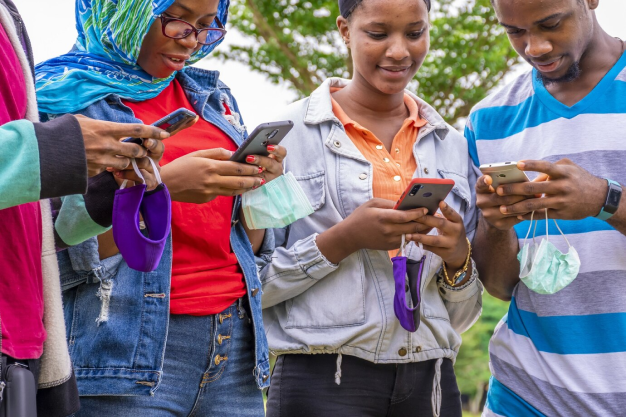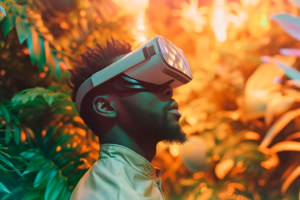The Role of Social Media in Shaping Public Opinion

Introduction
Social media has become a powerful tool for shaping public opinion, influencing everything from political movements to consumer behavior. With billions of users worldwide, platforms like Facebook, Twitter, and Instagram have the ability to amplify voices, spread information, and mobilize communities. This blog post explores the role of social media in shaping public opinion and the implications for society.
Amplifying Voices and Creating Movements
Social media has given individuals and groups the power to reach a global audience. Movements like #BlackLivesMatter and #MeToo have gained momentum through social media, bringing attention to social issues and prompting real-world change. These platforms allow marginalized voices to be heard, fostering greater awareness and activism.
The Spread of Misinformation
While social media can be a force for good, it also has the potential to spread misinformation. False or misleading information can go viral, leading to widespread misconceptions and even real-world consequences. The rapid dissemination of misinformation on social media has sparked debates about the responsibility of platforms to monitor and control content.
Echo Chambers and Polarization
Social media algorithms often reinforce users’ existing beliefs by showing them content that aligns with their views. This creates echo chambers, where individuals are exposed only to information that confirms their biases. As a result, social media can contribute to increased polarization, making it more difficult for people with differing opinions to engage in constructive dialogue.
Influencer Culture and Consumer Behavior
Influencers on social media have a significant impact on consumer behavior. Brands collaborate with influencers to reach their target audience and promote products. While this can be an effective marketing strategy, it also raises questions about authenticity and the ethical implications of influencer endorsements.
The Role of Social Media in Elections
Social media plays a crucial role in modern elections, with candidates using platforms to reach voters, share their message, and mobilize supporters. However, the use of social media in elections has also raised concerns about data privacy, targeted advertising, and the potential for foreign interference.
Conclusion
Social media has transformed the way we communicate, share information, and shape public opinion. While it offers many benefits, it also presents challenges that need to be addressed. As social media continues to evolve, it’s important to consider its impact on society and find ways to harness its power for positive change.



